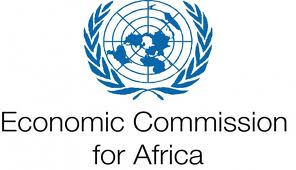
IMPLEMENTATION of trade agreements by countries belonging to more than one regional economic groupings continues to be one of the most challenging issues hindering integration, the United Nations Economic Commission for Africa (Uneca) has said.
BY KUDZAI CHIMHANGWA
Although member states have ratified several protocols and agreements, trade across borders remains hampered by government-endorsed barriers, thereby defeating the goals of regional integration.
One such goal is industrialisation of all member states to deepen economic integration through enhancing intra-regional trade in the southern Africa sub-region.
Speaking at the 19th session of the Inter-governmental Committee of Experts (ICE) held in Harare last week,Uneca director for sub-regional office for southern Africa, Beatrice Kiraso, attributed failure to implement the agreements to lack of resources.
“When it comes to implementation of grand T-FTA [Tripartite Free Trade Area] plans, there is a disconnection between countries and sub-regions. The possible reason is due to competing needs or lack of resources,” said Kiraso. “We will continue to urge governments to find the balance between satisfying ‘short-term’ national goals and long-term regional objectives in the interest of regional integration.”
Speaking at the same event, Economic Planning and Investment Promotion minister, Tapiwa Mashakada said government was committed to the regional industrialisation agenda.
“Zimbabwe’s Industrial Development Plan [IDP] was crafted after extensive consultations with stakeholders and is envisaged to anchor national economic transformation,” he said.
- Chamisa under fire over US$120K donation
- Mavhunga puts DeMbare into Chibuku quarterfinals
- Pension funds bet on Cabora Bassa oilfields
- Councils defy govt fire tender directive
Keep Reading
“The days of import substitution are over, we need to open up our economies, we need to work on our policies so that we have the right institutional regulatory policies in order to promote industrialisation.”
The IDP promotes advances in science and technology and endeavours to ensure that research and development expenditure is at least 2% of GDP annually.











